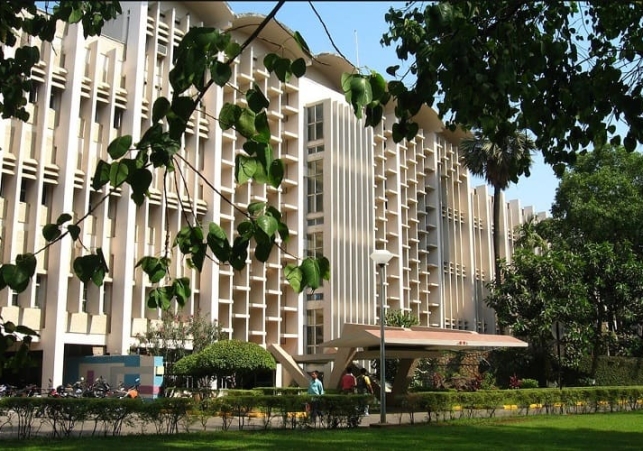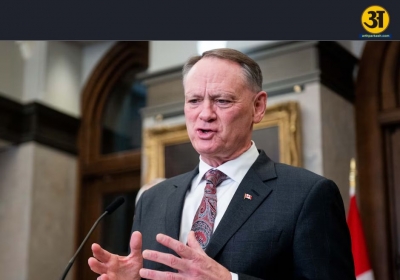
IIT Bombay joins Chicago quantum exchange in US partnership
India's IIT Bombay joins Chicago quantum exchange in U.S. partnership
A quantum leap in collaboration
The governments of India and the United States have unveiled a significant partnership in the field of quantum science and technology. Indian Institute of Technology Bombay (IIT Bombay) has officially joined the Chicago Quantum Exchange (CQE), a global center for quantum research headquartered at the University of Chicago. This marks a significant step toward fostering international cooperation in various cutting-edge domains, including quantum information science, climate and energy, advanced microelectronics, artificial intelligence, and data science.
Quantum accord at G20 Summit
The announcement regarding IIT Bombay's inclusion in the CQE came during a meeting between U.S. President Joe Biden and Indian Prime Minister Narendra Modi at the G20 summit in New Delhi, reaffirming their commitment to advancing technology partnerships. This partnership aligns with the U.S.-India initiative on Critical and Emerging Technology (iCET), aimed at strengthening strategic collaboration between governments, businesses, and academic institutions from both nations.
ALSO READ: Passenger disruption amidst G20 security measures at New Delhi Railway Station
IIT Bombay's Director, Professor Subhasis Chaudhuri, expressed the significance of this collaboration, highlighting the potential for groundbreaking innovations that will benefit society. The partnership with the University of Chicago represents a valuable opportunity for IIT Bombay to contribute to the development of critical technologies.
IIT Bombay joins elite quantum community
A pivotal aspect of this collaboration is IIT Bombay becoming one of only five academic partners worldwide in the Chicago Quantum Exchange (CQE). The CQE, a focal point for advancing quantum information science, is anchored by prominent institutions including the U.S. Department of Energy's Argonne National Laboratory and Fermi National Accelerator Laboratory, the University of Illinois Urbana-Champaign, the University of Wisconsin-Madison, and Northwestern University.
ALSO READ: Fight over abortion pill access reaches US Supreme Court
This development follows recent quantum-focused initiatives by the University of Chicago, including partnerships with Japanese institutions to build the world's first quantum supercomputer and accelerate quantum research. IIT Bombay, renowned for its Quantum Information Computing Science & Technology (QuICST) Hub, is now poised to play a significant role in global quantum research.
Expanding collaboration beyond quantum
In addition to quantum science, the University of Chicago and IIT Bombay will engage in collaborative research across various domains. These include climate, energy, advanced microelectronics, artificial intelligence, and data science. The collaboration will encompass joint research endeavors, conferences, knowledge exchange, as well as faculty and scholar exchanges.
ALSO READ: Sprinter Hima Das faces suspension over whereabout failures
The University of Chicago's Delhi Center, set to celebrate its 10th anniversary in 2024, will serve as a vital resource for facilitating conferences and collaborations, fostering a robust scientific knowledge-sharing environment.
This partnership represents a compelling opportunity to further scientific knowledge, strengthen global collaborations, and advance breakthrough innovations in multiple high-impact areas. It underscores the importance of international cooperation in addressing complex challenges and pushing the boundaries of science and technology.





